Tehran, Iran — Veteran Iranian footballer and long-time coach in the Netherlands, Amir Hashemi-Moghaddam, has strongly criticized the current structure of grassroots football in Iran following the national U17 team’s early elimination from the AFC U17 Asian Cup.
In an interview with Mehr News Agency, Hashemi-Moghaddam described the team’s failure, not just as a competitive disappointment, but as a reflection of a deeply entrenched and harmful culture in the selection of players and coaches.
“This Isn’t Just a Loss, It’s a Pattern”
“Iran’s elimination from the tournament is not just a failure,” Hashemi-Moghaddam stated. “It exposes a repeating pattern, an unhealthy tradition of appointing ‘close circle’ coaches and selecting players based on anything but merit.”
Iran’s U17 team managed only one point from three group-stage games and failed to qualify for the U17 World Cup, a major blow to a nation that has historically performed well in this age category.
The Individual-Driven Trap
Hashemi-Moghaddam pointed out that past successes were largely the result of exceptional individual talent rather than structured development.
“Our grassroots football has always relied on individual brilliance,” he explained. “But when we face tactically organized teams, we struggle. This bitter failure may actually be a blessing in disguise—an opportunity for structural reform, as Johan Cruyff once said, ‘There is a gain in every loss.’”
He emphasized the urgent need for technically qualified coaches and managers who are well-versed in modern football development systems.

The Problem of “Custom” Coaches and Players
Hashemi-Moghaddam was particularly vocal about what he called “custom” selections.
“Unfortunately, both players and coaches are often chosen not for their ability but through personal connections and influence. This is a betrayal of national football. Such selections compromise performance and block true talent from emerging.”
He warned that such practices erode fairness and destroy the credibility of development pathways.
A Weak Technical Committee
He also directed criticism at the Football Federation’s Technical Committee, and its head Majid jalali accusing it of failing to provide strategic oversight.
“This committee should be responsible for long-term planning at the grassroots level,” he said. “But in many cases, they don’t even attend youth team training sessions. There is no transparency, no consistent vision.”
Wasted Friendlies and Misguided Investments
Hashemi-Moghaddam further criticized the Federation’s approach to organizing international friendlies.
“We’ve played countless matches against regional teams like Kyrgyzstan and Tajikistan, spending amounts equal to training camps in Europe, yet gaining almost nothing. The rationale for these games needs to be clear and performance-based.”
Subjective Talent Scouting and Club Resistance
Regarding talent identification, he described Iran’s scouting system as deeply flawed and overly subjective.
“Mistakes in player selection are rampant. Meanwhile, clubs hold excessive power and often resist releasing players to the national team. The Federation must require clubs to include U21 players in their senior squads and prioritize youth development.”
Education, Not Bodybuilding
The coach also criticized youth training methodologies, particularly for very young players.
“In countries like Germany, each province has three centers dedicated to scouting and nurturing young talent. But in Iran, base coaches are sending kids under 12 to heavy weight training instead of skill development. These outdated practices are unacceptable in modern football.”
Call for Oversight and Reform
He urged the Federation to enforce strict standards across club academies, including budgeting for youth development under Federation supervision.
“Coaches at the grassroots level must be properly certified. The Federation must supervise their qualifications and ensure that players coming from private academies are truly fit for national-level training.”
A Warning for the Future
In closing, Hashemi-Moghaddam warned of the long-term damage this failure could cause.
“This is more than a temporary setback. Missing out on the Youth World Cup means a generation of players will lose critical development opportunities. If we don’t act now to reform the system, we risk stagnation for the next ten years.”



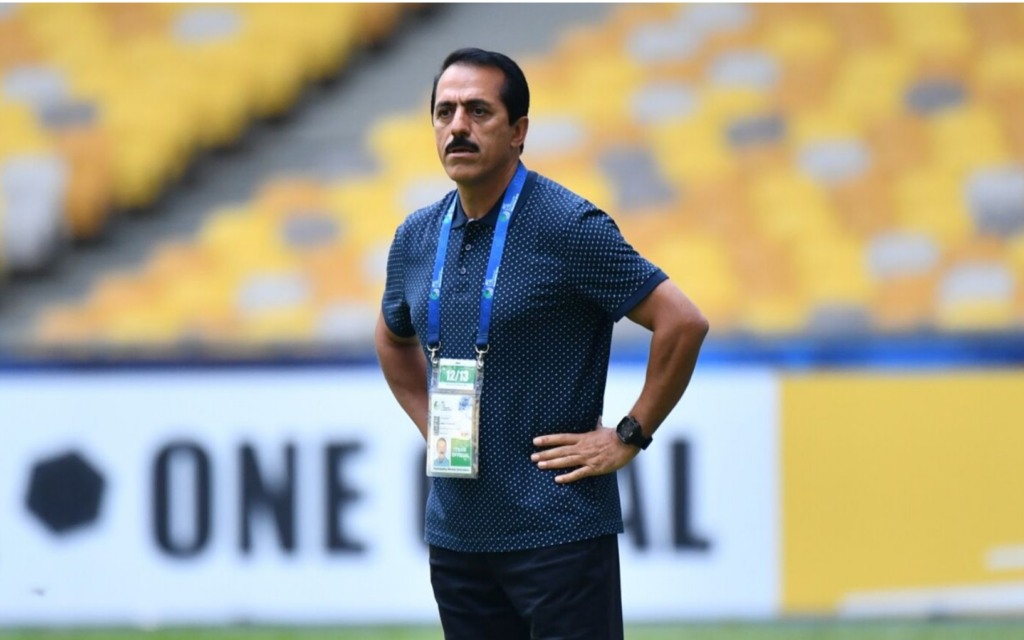
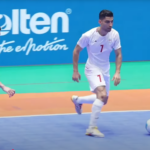
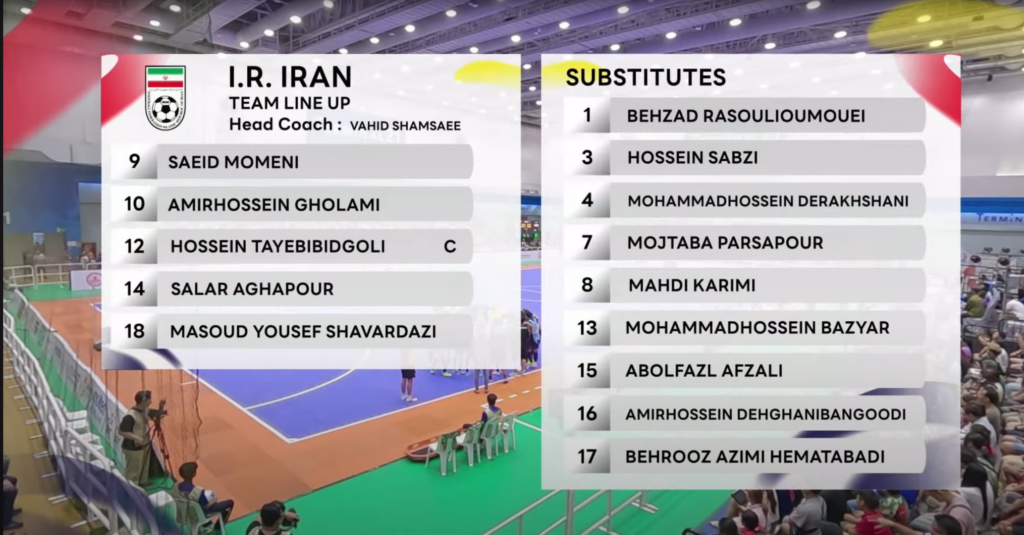
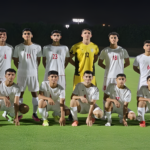
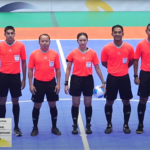
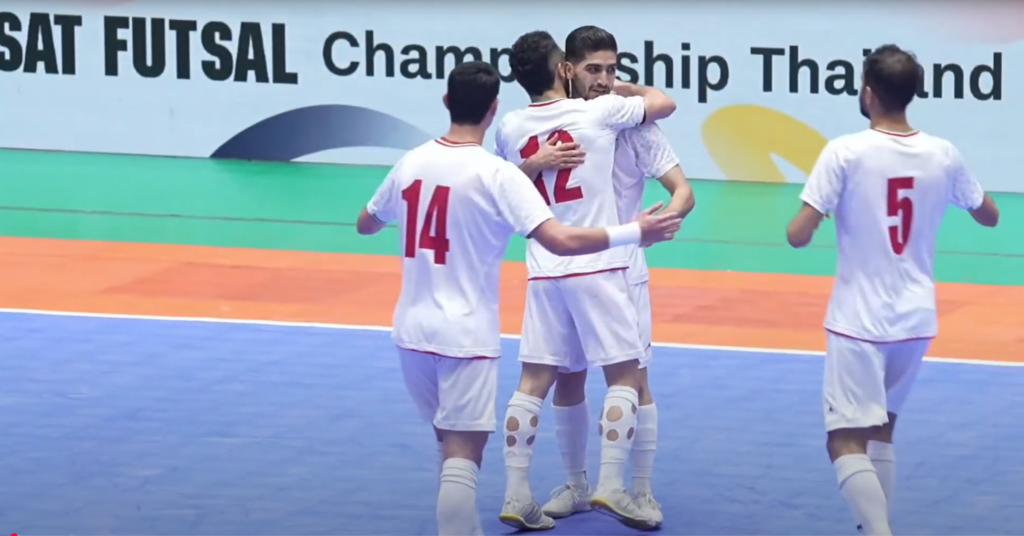
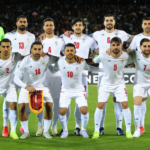

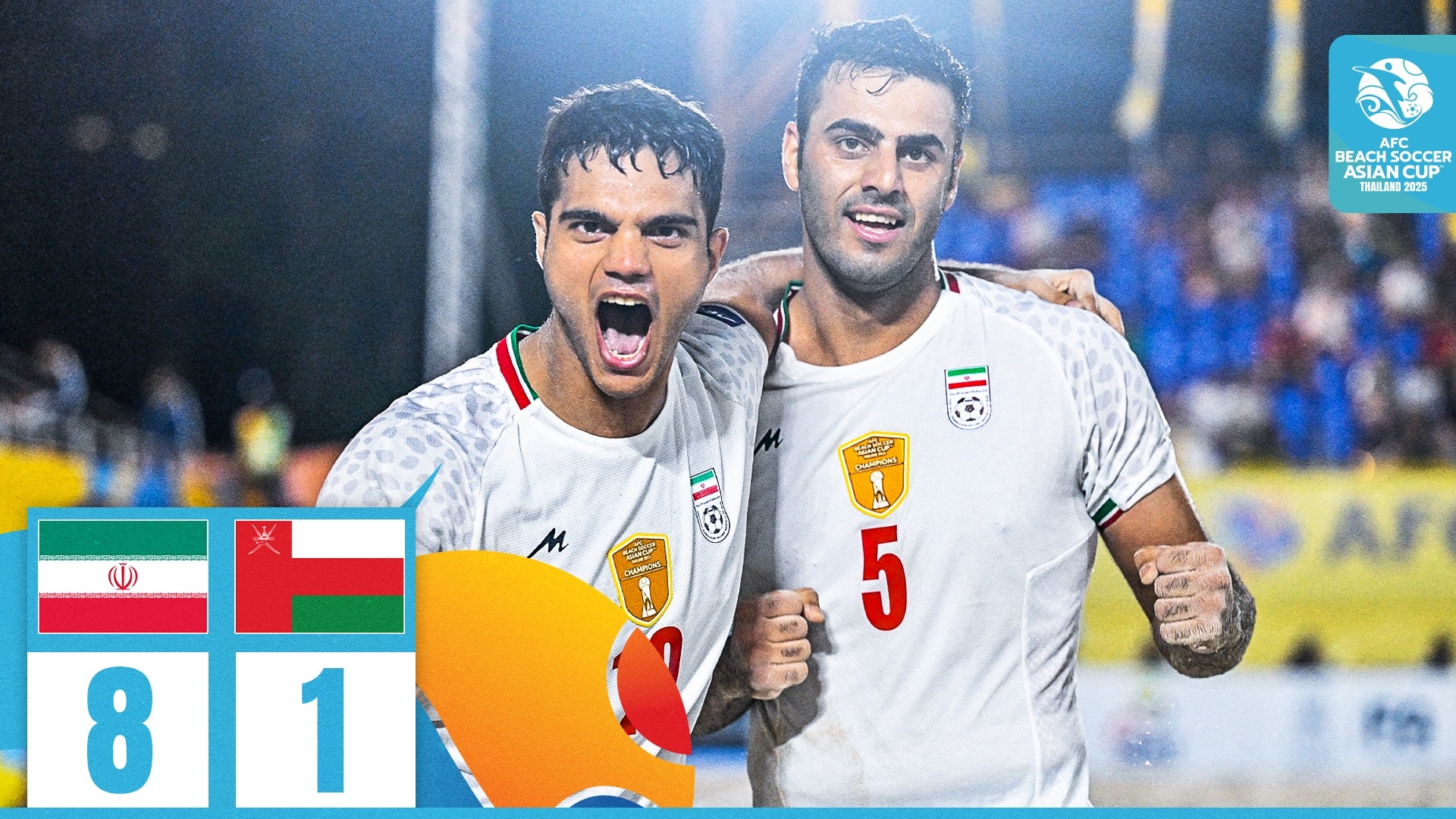

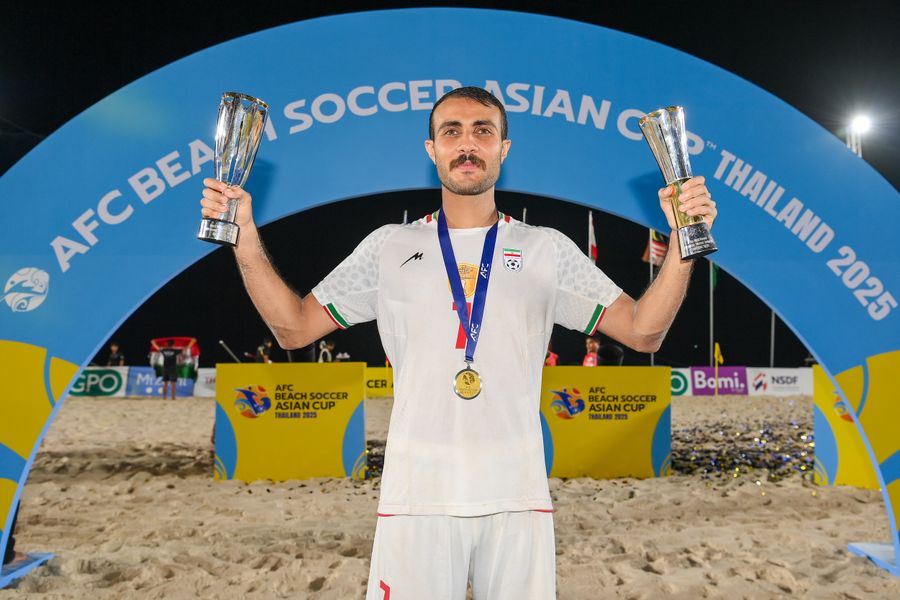
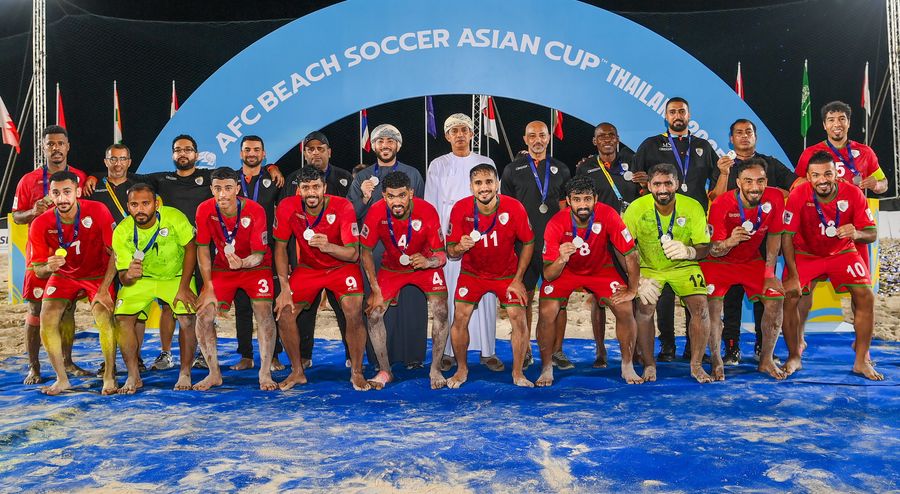
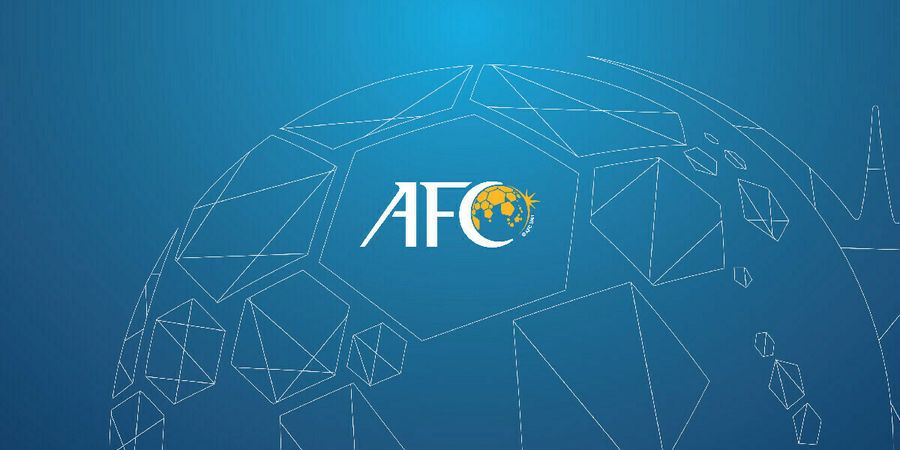
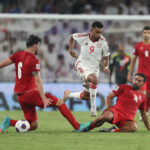
,fit(960:))

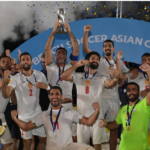
.jpg?d=700x0)
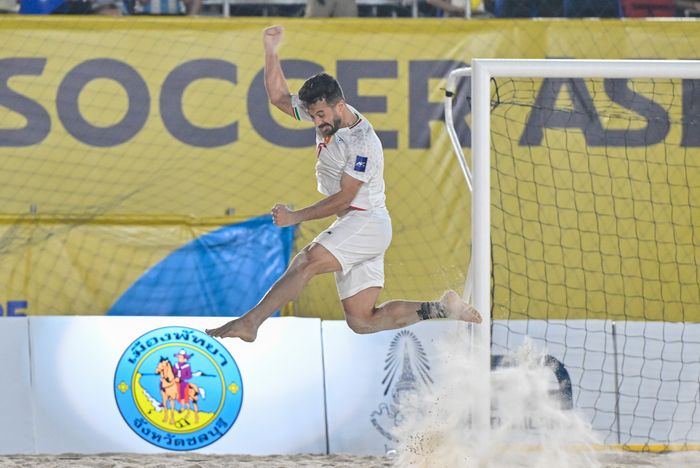
.jpg?d=700x0)
.jpg?d=700x0)